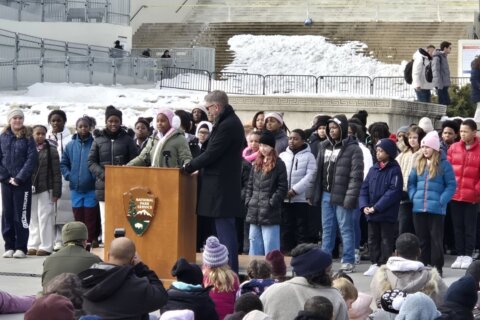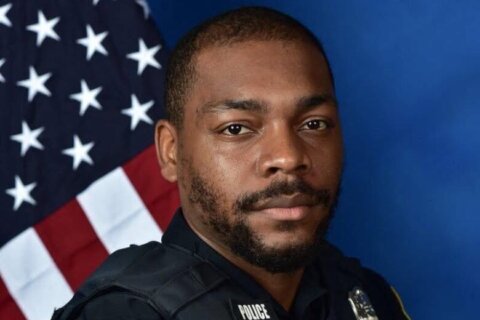The interim director who oversees D.C.’s troubled 911 call center vows improvements are underway, but concedes the agency is very low-staffed and having a hard time finding qualified candidates to fill the ranks.
During a hearing before the Committee on Public Safety and Justice, longtime D.C. Office of Unified Communications call-taker Yolanda Geter testified that the emergency call center is working with a bare-bones staff.
“Right now we’re in a state of emergency … I’m here to tell you, you have employees that work 12-hour shifts, and on their days off they’re working 12-hour shifts. This is not a story. This is a fact; you can check that because you have access to it,” Geter told Committee Chair Charles Allen.
Geter said she’s concerned as a D.C. resident about the funding being put into recruiting and training new employees who do not stay on.
“Every day I have someone is asking, ‘Can someone come in?’ or ‘Can you stay?’ What happens when employees stop staying because they’re frustrated and they’re tired? Who’s going to answer your 911 calls,” Geter said.
An audit of OUC released in October found that on each shift, the agency was six to seven employees short of the minimum it needed.
“I do agree with the recommendation,” said interim Director Cleo Subido. “And we do have enough staff to meet the needs of the call line and that is, you know, even with the punches thrown in terms of COVID and other the shrinkage issues that we have,” she testified.
Subido told Councilmember Christina Henderson there is a new class of 10 trainees, and that OUC is above the minimum standard in how many trainees it retains out of a class. However, recruitment is an issue.
“We have, I believe, have something around the lines of 200 applicants. And then we have a very basic testing process that applicants are allowed to take from home. Of those we had, I believe 30 or 40 that passed it. Then as you go to the next level of background investigations and things like that, we ended up with 10,” Subido said.
She clarified that the applicants are tested on if they can type and take a call at the same time, if they can read a map and their typing speed.
“The staffing has always been an issue since I’ve been an employee with the call center. But it seems like it’s worse now,” testified Debbie Knox, who works as the head of the National Association of Government Employees Union, or NAGE, which represents OUC workers.
Despite the lack of staff, Subido said the agency is working with NAGE and the Department of Human Resources to implement new scheduling practices reducing employee work hours from 12 to 8, which it plans to implement in FY 22.
“Shorter shifts for these teams will lessen the stress-related impacts of 12 hours of emergency calls, as well as the mandatory overtime on days off,” Subido said.
Both Allen and Henderson remarked on the challenge of having a short-staffed 911 center.
“It’s important to realize like, that seat on your floor that has to be filled is just as important as the seat on the engine of the ladder truck has to be. It’s not an option to not fill it,” Allen said.
“Absolutely,” Subido responded.








